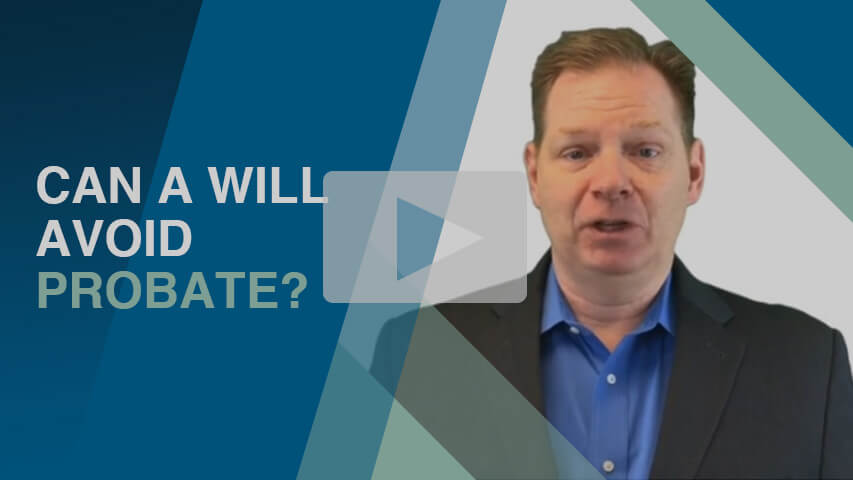One question I get a lot of is who should I take as my successor trustee? A little background is in order here. A trust is a legal relationship where a trustee holds legal title to property for another person. That other person is called the beneficiary. The trust document will name who the trustee is.
Now, there are several different types of trusts. The simplest one is a revocable living trust. In this type of trust, usually the person who creates the trust is the trustee during his or her lifetime. Then, when the person who creates the trust dies, another person takes over as trustee. This trustee, known as the successor trustee is named in the original trust document.
If you create a trust, you will need a separate person or institution called a trustee to manage the trust either now or in the future when you pass away. Choosing the right trustee is crucial to making sure your wishes are carried out. The choice is very important because being a trustee can be a difficult job. The trust’s duties include making proper investments, paying bills, keeping accounts and preparing tax returns. Bottom line the trustee is supposed to follow the terms of the trust for the benefit of the trust beneficiaries.
Now, the law isn’t very strict about who may serve as your trustee. As long as the person is legally competent, meaning he or she is over the ages of 18 and is capable of managing his or her own affairs, that person can be trustee. The trustee has a duty to manage the trust for the benefit of the beneficiaries.
Time and again I’ve seen people pick someone in for the role of trustee who really shouldn’t be the trustee. When this person, the successor trustee, takes over management and control of the trust assets, bad things can happen. For example, the trustee may mismanage the trust property. The trustee may use the trust assets for his or her own benefit and so on.
So how do you choose the right person as trustee? First, the main consideration when selecting a trustee is picking someone who is trustworthy. You want someone who is going to follow your wishes as you’ve expressed them in the trust document. Next, the trustee must have the ability to manage the trust. This means that the trustee must be detail oriented. Third, the trustee does not need legal or financial expertise but he or she must have good judgment.
Now, if you don’t know anyone who meets these qualifications, you can look into hiring an independent trustee. This can be an individual or an institution who has some financial knowledge. Some examples include a bank or trust company, a professional trustee, a financial advisor, a CPA or a lawyer.
Of all the cases I’ve worked on where the beneficiaries have sued the trustee for mismanagement, none have involved a professional trustee. That’s not to say it doesn’t happen. Just that in my experience it’s the family member trustee who mismanages the trust property, not the professional trustee.
Now choosing the right person to serve as your trustee is an important decision. In fact, I suggest it is the most important decision you can make about your estate. It’s more important than who gets what and when they get it. Spend some time thinking about who you want as your successor trustee. If you have any questions, I’m Matthew Crider and I’m here for you. Thank you for watching.








